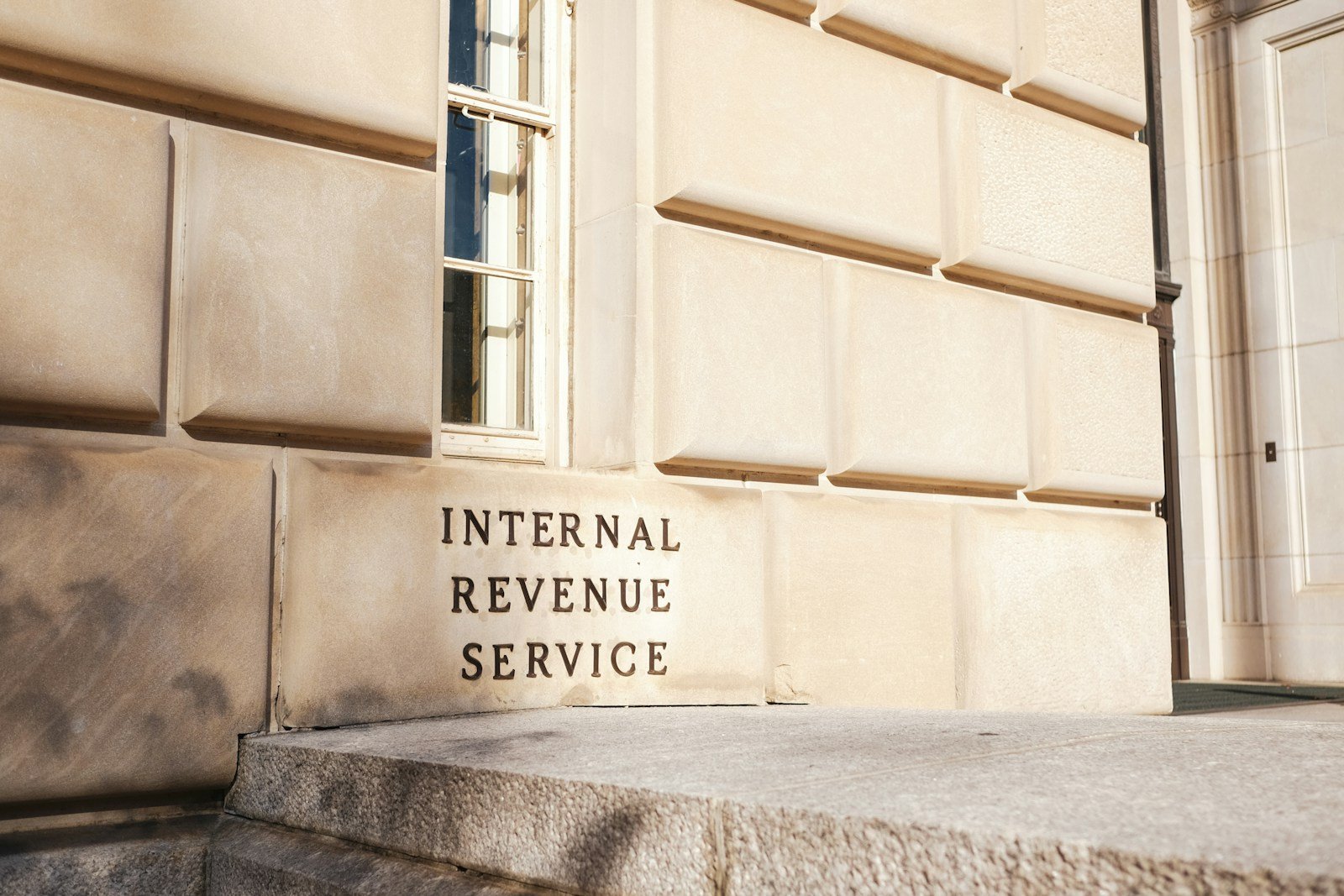Key takeaways
• President Trump plans major IRS changes to go after left-leaning groups
• He will hand agents a list of Democratic targets and install loyalists
• Critics say this weaponizes the tax agency against his foes
• Supporters argue it will ensure fairness and accountability
Trump’s IRS changes set to target political opponents
President Trump is moving to reshape the tax agency’s power. According to recent reports, he will hand the IRS a new list of targets. This list includes top Democratic donors and progressive groups. Moreover, he plans to put his loyalists into the IRS criminal-investigative division. These moves would give him direct influence over criminal probes. As a result, many see it as an effort to silence or punish his critics.
How these IRS changes could work
The criminal-investigative division handles serious tax crimes. First, Trump’s appointees would oversee which cases get priority. Then, agents might launch audits or full investigations into named targets. Furthermore, the targets could face steep fines or, in rare cases, prison time. Meanwhile, groups that lean right would likely escape this scrutiny. Consequently, the agency’s impartiality could erode. Ultimately, these IRS changes may reshape how the government enforces tax law.
Reactions from both sides
Political analysts and former officials quickly weighed in.
• Former Republican Congressman Joe Walsh accused his old party of hypocrisy. He noted how hard they protested when conservative groups faced IRS scrutiny.
• Journalist Keith Boykin compared Trump’s plan to past abuses of power. He said it echoes tactics cited in impeachment articles against Richard Nixon.
• Writer Jordan Weissmann pointed out the irony. For years, Republicans claimed the IRS unfairly targeted conservatives. Now, Trump aims it at Democrats.
• Journalist Mehdi Hasan warned that Trump is following leaders like Modi and Orban. He sees a global trend of using tax agencies against opponents.
• Bloomberg columnist Matthew Yglesias said this move shows a breakdown of the rule of law. He blamed the “unitary executive theory” and GOP control of Congress.
• Former Obama staffer Jon Favreau declared he would not fund a government that abuses its tax power.
These reactions highlight deep concern. Yet, Trump’s supporters argue the IRS changes will root out corruption. They say the focus is on fairness, not politics. However, many remain skeptical about the motives and outcomes.
Historical context and legal concerns
This is not the first time the IRS faced political pressure. Under President Obama, conservatives alleged the agency targeted tea-party groups. Even so, investigations found no clear evidence of bias. Now, the tables have turned. Critics fear history may repeat itself in reverse.
Moreover, legal experts warn of potential constitutional issues. The IRS must follow rules on due process and equal protection. If agents focus only on Democratic donors, they could face lawsuits. Congress could also step in with oversight hearings.
In addition, parallels to Watergate and Nixon’s impeachment arise. Back then, the president used government power to harass opponents. Trump’s critics argue his IRS changes mirror that same abuse.
What comes next?
Congressional committees may demand documents and testimonies. Lawmakers could hold hearings to question IRS leadership. They might also propose limits on the agency’s political power. In the courts, advocacy groups may file suits to block partisan audits.
Meanwhile, public opinion will play a role. Voters may punish politicians who back heavy-handed tactics. In the upcoming elections, IRS policy could become a key issue.
Furthermore, the IRS itself must navigate internal conflict. Career agents may resist orders they see as political. This could slow investigations and spark whistleblower complaints.
On the other hand, if the Trump team moves fast, the new rules could take effect before any legal block. At that point, the agency’s culture and priorities would shift dramatically.
Conclusion
Trump’s IRS changes represent a bold step in using government power. While supporters call it a needed reform, opponents view it as a dangerous overreach. As the debate heats up, Americans will watch closely. The outcome may redefine how the IRS wields authority—and how politics shapes its mission.
Frequently asked questions
What exactly are the planned IRS changes?
The plan includes handing agents a list of Democratic targets and placing Trump loyalists in key IRS roles. This would guide audits and criminal probes.
Could these IRS changes face legal challenges?
Yes. Lawsuits could argue that targeting only one party violates equal protection and due process. Courts may block or limit such actions.
How might Congress respond to these IRS changes?
Congress could hold oversight hearings, demand documents, and pass legislation to restrict political misuse of the IRS.
What impact could this have on public trust?
Many fear these IRS changes will erode trust in a key government agency. If seen as political, the IRS’s credibility and effectiveness could suffer.
